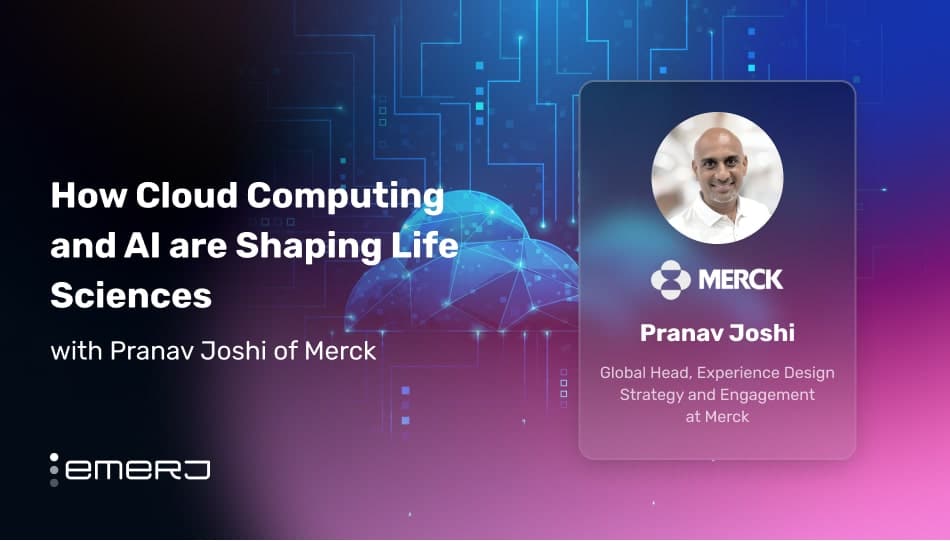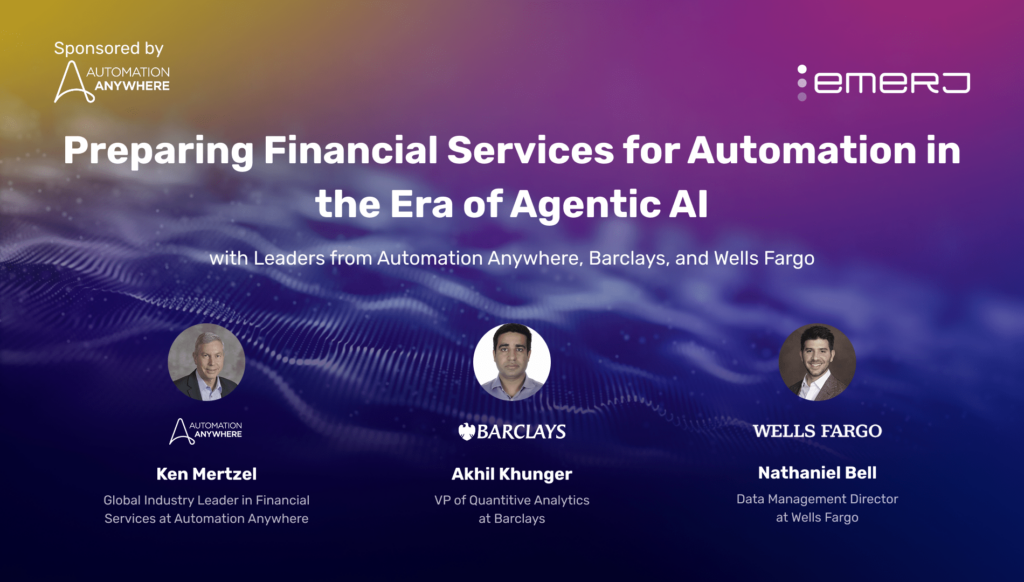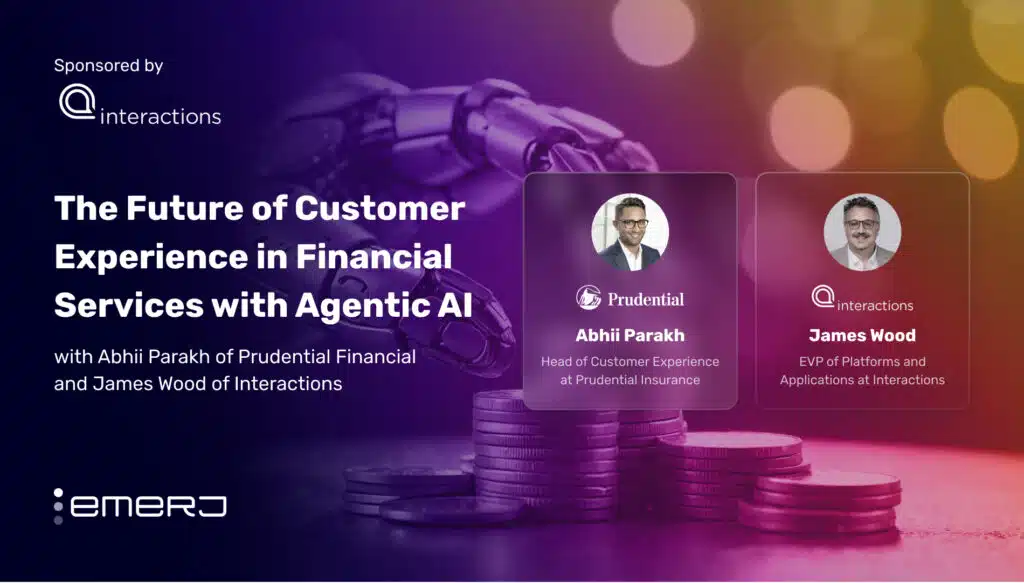White collar professions were once considered safe from automation. It was blue collar work such as labor and manufacturing jobs that appeared at risk of becoming redundant in the wake of advancing technologies. But according to the Word Economic Fund – who held a conference last week in in Davos Switzerland – white collar work is not so secure as it seemed. AI systems continue to advance and challenge the status quo.
The WEF forum was intended to consider the future of labor. As such, much of the discussion revolved around industry leaders’s excitement and angst over how AI will effect industry. Will algorithms be marginalized to tasks like bank telling and administration? Or might the most sophisticated systems one day threaten even the most complex of human careers?
Baidu’s president Ya-Qin Zhang shared his company’s project to apply AI beyond its search engine to assist in creating insurance plans and calculating consumer loans, Bloomberg Business reports. “In insurance and consumer loans, A.I. and machine learning can help you identify all the patterns to help you reduce risk,” Zhang told a panel that included Qualcomm Inc. CTO Matthew Grob, as well as AI researchers Andrew Moore and Stuart Russell of Carnegie Mellon University and University of California, Berkeley respectively. Each speaker acknowledged the unparalleled potential for AI to benefit human lives. They referenced the technology’s ability to read human emotion via facial expressions and language as key advancements. But they also warned against the unknown.
While considering the affordances that AI offer us – from self-driving vehicles to personalized search engine results – Zhang shared his concern that as machines get smarter, people might actually become less intelligent. Or, rather, we might become less reliant on our qualities which once measured intelligence. Personalized search engine results are intended to give users the information they want, even if they don’t exactly ask for it.
Long-term memory isn’t as sacred as it used to be now that the world is at our finger tips. Meanwhile, it’s not far-fetched to imagine a world in which few can drive because we’re all driven around by autonomous driving systems. AI and other technologies free up our mental space and grant us possibilities to engage our minds in new ways, but we must seize these opportunity and not let our lives – or our minds – become controlled by AI.
Moore meanwhile signaled law and medicine as fields that may soon see fewer and fewer careers as AI systems take over the small tasks often allocated to interns and residents.
Zhang and Moore’s claims echo an article written by Russ Alan Prince back in April for Forbes Insights. In his piece titled, “How Artificial Intelligence Will Eliminate The Need For The Vast Majority of Life Insurance Agents,” Prince argues that the affordances of AI applied to the insurance industry will magnify productivity and cut costs drastically. “The ability to source and construct life insurance portfolios, facilitate underwriting, and monitor policies can all be accomplished by the robe-life agent,” Prince writes. “Such an approach would often prove to be both substantially more efficient, a way to provide superior solutions, and considerably less expensive.”
Though he doesn’t state which systems will eliminate the agent’s need to exist, Prince does point out that insurers will surely object and continue to sell their wares the old fashioned way. But when life insurance agents are eventually eradicated, Prince says it will be because insurance companies incorporate AI into their analyses incrementally, gradually reducing an agent’s tasks, and eventually enabling the insurance company to eliminate the agent’s commission.
Prince’s prediction and industry leaders’s confirmation at the WEF forum depict how AI are being applied across the board but behind the scenes in professional settings. And Zhang’s warning is important – we should be sure not to be wholly enabled by AI, or else recognize the role AI already play in our lives. Algorithms are increasingly being used to assist us in small tasks we might not even realize are being aided by AI. Like the insurance agents who dread the AI age, we’d be wise to anticipate that intelligent algorithms are a soon to be a big part of our lives, whether we deny it or not.
Image credit: Gamesdeveloper.today



















